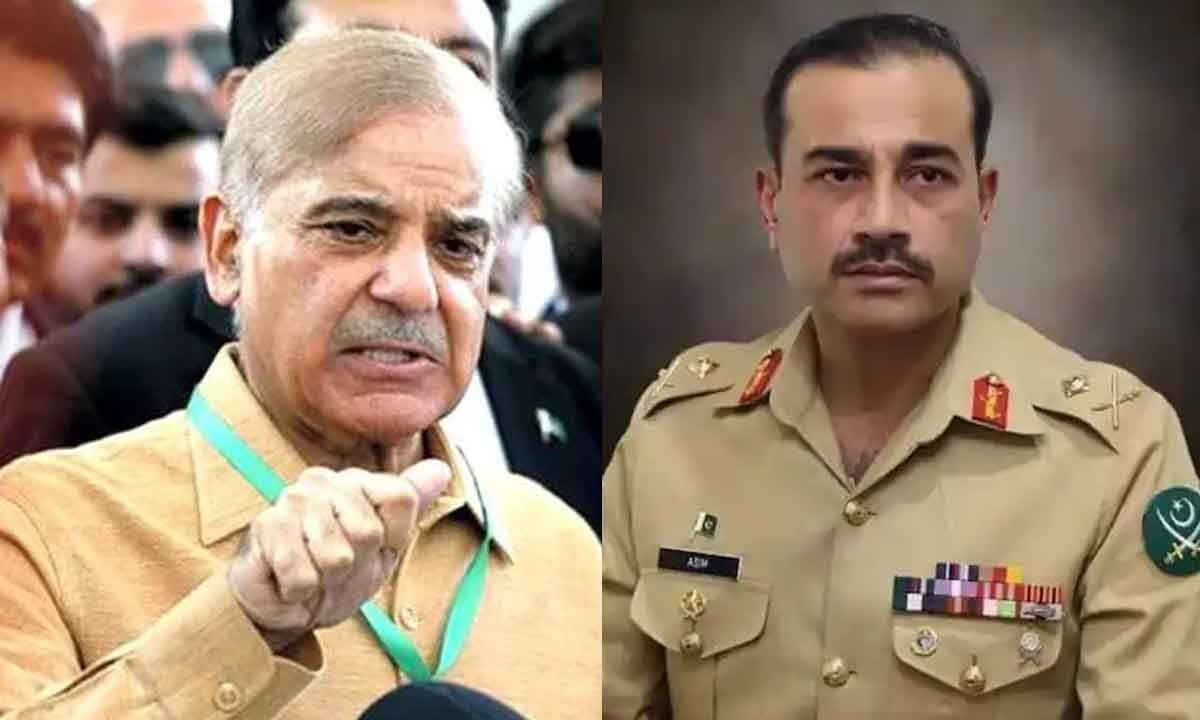It’s Day 4 of a war that Pakistan neither anticipated nor can afford. The Indian armed forces, operating with strategic clarity and unflinching precision, have launched a series of targeted strikes that have left Pakistan’s military infrastructure in tatters. Major airstrips—including one perilously close to the Pakistani Army and ISI headquarters—have been reduced to rubble. In contrast, all of Pakistan’s attempts at retaliation—missile strikes, drone attacks, and cross-border shelling—have failed to make a dent.
So far, Pakistan’s aggression has claimed the lives of just one Indian soldier, a bureaucrat, and tragically, 15 civilians—most of whom were killed by Pakistani shelling in border districts of Jammu and Kashmir. Meanwhile, over 100 Pakistani drones, many of them Turkish-made Bayraktars or Chinese knock-offs, have been intercepted or neutralized before causing any damage. Several failed or misfired projectiles have crash-landed harmlessly in Indian fields, becoming objects of local curiosity and celebration—villagers calling them “toys” and symbols of Indian military dominance.
The situation in Pakistan is turning grim. Even former Pakistani generals—many of whom until a week ago were beating their chests on primetime television—have changed their tune. Now, they are appearing on the same TV channels pleading with the political establishment to de-escalate before “irreversible damage” is done to the country. Their concern is not misplaced. India’s strikes have already destroyed at least half a dozen key Pakistani air force assets, including radar systems and forward airbases. What’s telling is that not a single Pakistani civilian casualty has been reported—proof of India’s technological edge and precision targeting, as well as its intention to punish the Pakistani military without hurting innocents.
Meanwhile, India is witnessing an outpouring of support from its citizens. Retired generals like G.D. Bakshi and diplomats like Deepak Vohra have gone viral with their powerful words of praise for the military. “Yeh dil maange more,” thundered Bakshi on live television, echoing a nation’s resolve. “Abhi toh party shuru hui hai,” said Vohra, exulting in India’s rising stature on the global stage. For the first time in decades, 140 crore Indians—barring a few politically motivated cynics—are united in support of the government and the armed forces.
Perhaps the most significant fallout of this war is the utter collapse of two long-standing myths: Pakistan’s nuclear bluff and the perceived superiority of Chinese and Turkish military technology. Islamabad has once again tried to rattle its nuclear sabre—but the world isn’t buying it this time. Indian decision-makers, led by Prime Minister Narendra Modi and Defence Minister Rajnath Singh, have made it clear: the old blackmail won’t work. India’s calibrated yet firm response has exposed Pakistan’s nuclear deterrence for what it is—a last-ditch bluff by a regime running out of options.

On the technological front, Pakistani hopes pinned on Chinese drones, radars, and air defence systems have crashed—sometimes literally. Many of the drones have been shot down effortlessly. Radar systems couldn’t detect Indian missiles until it was too late. The so-called “iron wall” of Pakistan’s air defences is riddled with holes.
All of this has been made possible by the unprecedented coordination among India’s political and military leadership. The Modi government, already seasoned by nearly a decade of strategic decision-making, has responded with precision, speed, and maturity. Defence Minister Rajnath Singh’s command style has earned admiration even from retired military professionals. Home Minister Amit Shah has ensured internal security is watertight. External Affairs Minister S. Jaishankar has mounted an international diplomatic blitzkrieg that has neutralized any attempt by Pakistan to globalize the issue. Meanwhile, the communications infrastructure and cybersecurity overseen by Ashwini Vaishnaw, and the fiscal muscle managed by Finance Minister Nirmala Sitharaman, have ensured India is not only secure, but economically stable and digitally shielded.
For Pakistan, this is not just a military defeat in the making—it is an existential crisis. With its economy in ruins, international credibility at an all-time low, and internal instability at a boiling point, Pakistan is not in a position to sustain a prolonged conflict. Even its traditional allies in the Islamic world have offered little more than diplomatic lip service.
The writing is on the wall. India is not looking for a drawn-out war, but if provoked, it has shown that it can destroy Pakistan’s military capability without blinking. As General Bakshi rightly said, this is the time to decisively end the terror factory across the border. And as Vohra reminded the world, “The party has just begun.”
If Pakistan doesn’t back down soon, it may find out the hard way that wars fought on bravado and borrowed weapons are no match for a nation backed by resolve, resilience, and 140 crore united hearts.





